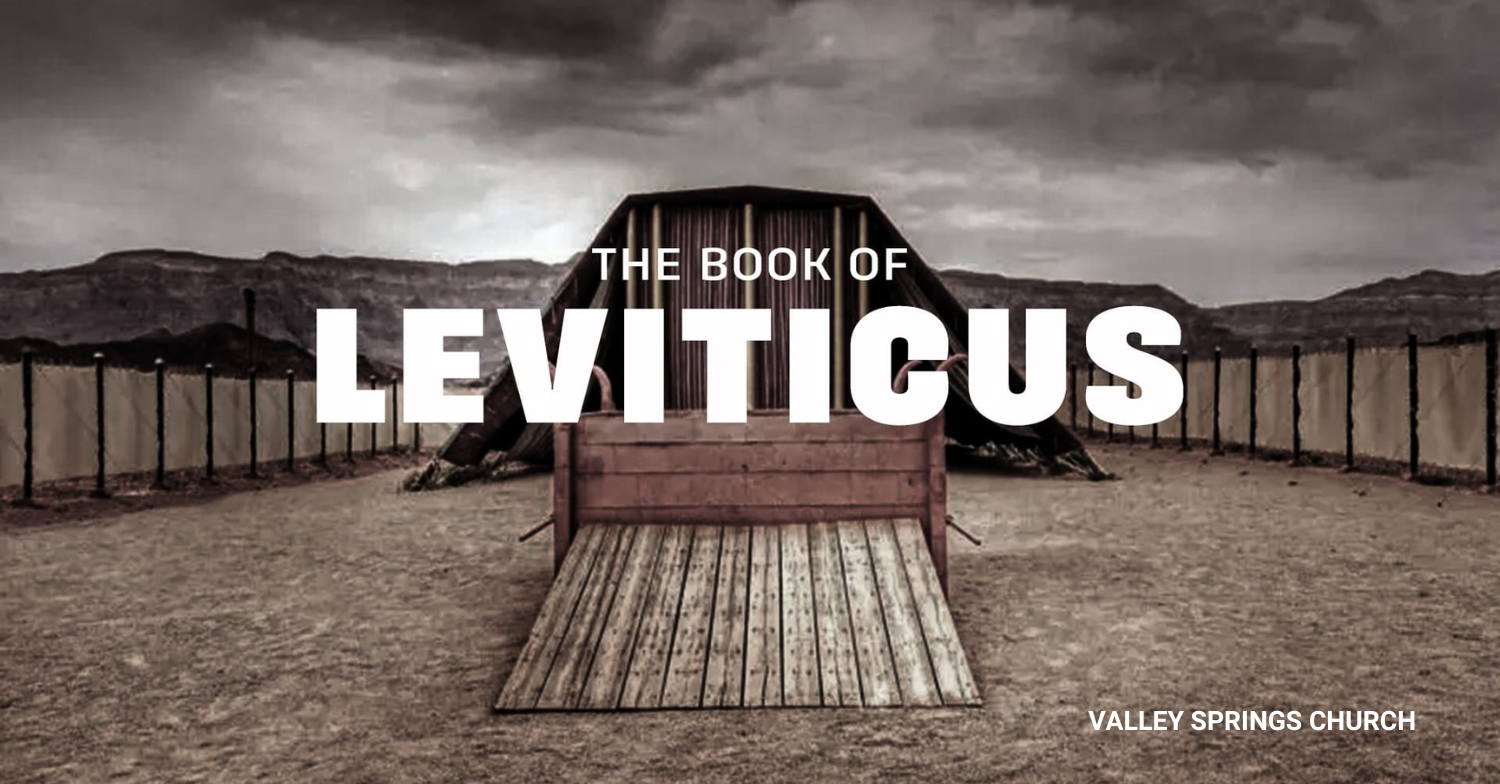
The Call to Atonement and Holiness
Leviticus 16-18
Leviticus 16 outlines the Day of Atonement (Yom Kippur), the most solemn day in Israel’s calendar. On this day, the high priest would enter the Holy of Holies to offer sacrifices for the sins of the nation. Two goats were chosen—one was sacrificed, and the other, the scapegoat, was released into the wilderness, symbolizing the removal of sin. This chapter foreshadows Jesus Christ, our ultimate High Priest, who entered the heavenly sanctuary and offered Himself as the perfect atonement for our sins. Through Him, we are cleansed and reconciled to God.
Leviticus 17 emphasizes the sacredness of blood, declaring that life belongs to God and must not be consumed improperly. Blood was central to atonement because it symbolized the giving of life. This truth reaches its fulfillment in the New Testament when Jesus shed His blood for our salvation. His sacrifice was once and for all, making eternal atonement for those who believe. This chapter reminds us of the seriousness of sin, the cost of redemption, and the necessity of approaching God through His prescribed way—ultimately through Christ.
Leviticus 18 lays out God’s laws regarding sexual morality, distinguishing Israel from the surrounding nations. These commands demonstrate that God’s people are to live differently, honoring Him with their bodies and relationships. The call to holiness is not just about following rules but about aligning our lives with God’s design. In a world that distorts and devalues purity, this chapter reminds us that obedience to God’s standards brings life and blessing. As believers, we are called to live in a way that reflects the holiness of the God we serve.
Leviticus 16-18 teaches us about atonement, the sanctity of life, and the call to holiness. The Day of Atonement points us to Jesus, who bore our sins and reconciled us to God. The emphasis on blood in Leviticus 17 highlights the seriousness of sin and the necessity of Christ’s sacrifice. Finally, Leviticus 18 calls us to live morally upright lives, demonstrating that holiness is not just about rituals but about every aspect of our lives. These chapters challenge us to see salvation as a gift, embrace God’s standards, and walk in purity before Him.
Reflection Questions:
- How does the Day of Atonement foreshadow the work of Jesus Christ as our High Priest?
- Why is blood so significant in the Bible, and how does Christ’s blood fulfill the atonement required in Leviticus 17?
- In what ways does God’s call to holiness in Leviticus 18 challenge the way we live today?
- How does understanding Christ as our scapegoat and sacrifice deepen your appreciation for salvation?
- What practical steps can you take to pursue holiness in your daily life as God commands?
